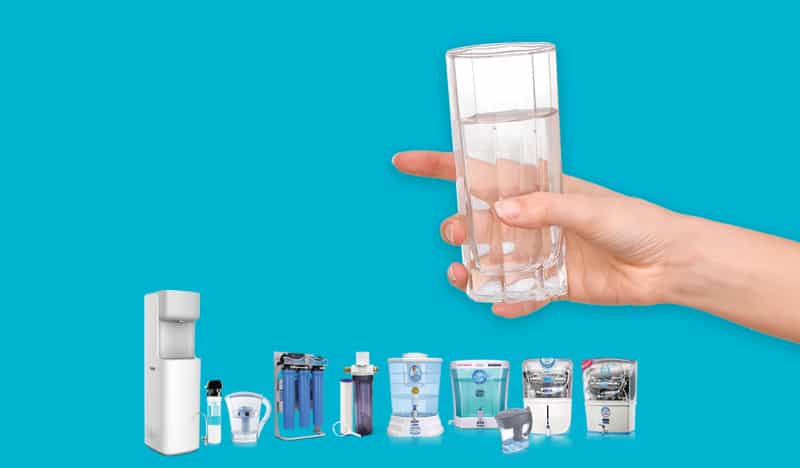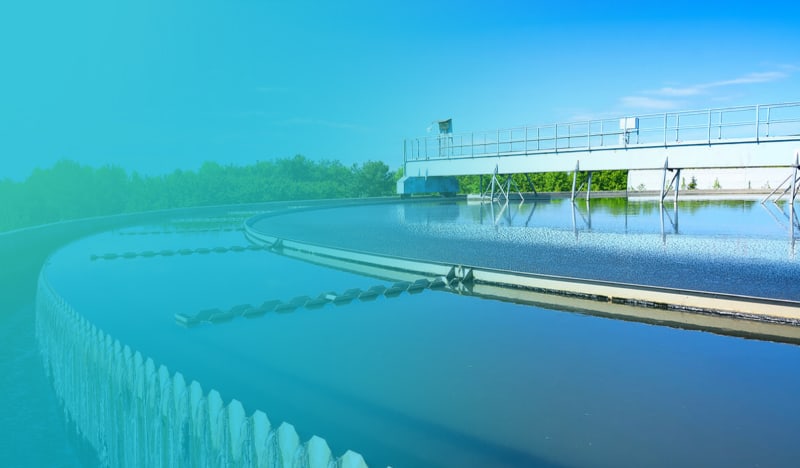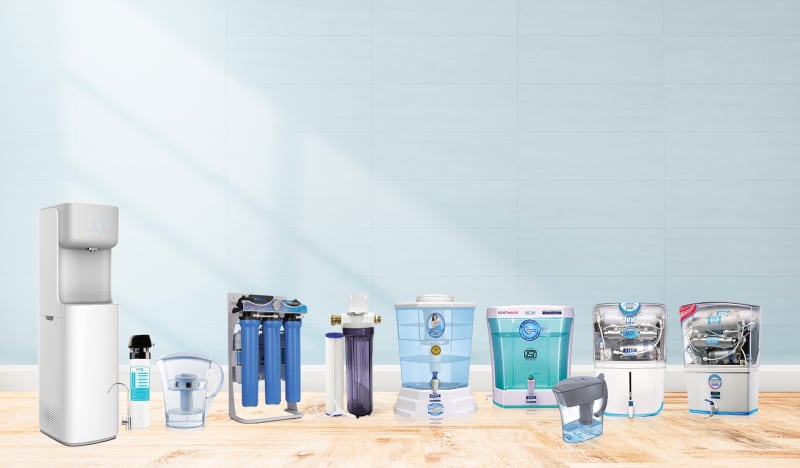Water supply was essential to our ancestors, and every ancient civilization established itself around water sources. Our kings and ancestors in Sri Lanka also understood the importance of water supply. But, the earliest evidence of water treatment technologies dates back to 2000 B.C., as seen in ancient Greek and Sanskrit works, and they used charcoal, sand, and gravel to build their water filtration systems. Since then, humankind has understood not to rely on their senses to determine water quality and learned many methodologies to assess and improve it.
What is water treatment?
In brief, water treatment improves water quality. It is primarily used to eliminate colour, turbidity, and other biological and chemical contaminants. Depending on the water supply’s quality, different water treatment processes are employed to improve it. But, the process always begins with the disinfection of any existing microorganisms, most commonly with chlorine or chlorine dioxide. This technique is a critical step to protect human life. Later, water is purified through several other stages of water treatment based on the nature and particles present in the water. These stages are known as the water treatment process.
In Sri Lanka, several water treatment companies strive to make clean water more accessible for everyone, using various innovative technologies. These water treatment techniques are essential to make clean water available for consumption and other usages by eliminating disease-causing agents and other harmful contaminants. This article will discuss six different water treatment methods we perform in Sri Lanka.
- Screens
- Gravel filters
- Slow sand filters
- Activated carbon
- Aeration
- Membrane processes
Screens
This stage is the primary treatment operation for removing floating and suspended solids from the wastewater. Here, the water is screened to remove floating papers, rags, cloths, plastics, metals, bottles, etc.; grit chambers or detritus tanks for removing grit and sand; skimming tanks for removing oils and grease; and primary settling tanks for removal of residual settleable suspended matter. This filtration method helps protect pumps, valves, pipelines, and other appendages from damage and avoid clogging them with large objects.
Gravel filters
Gravel has been a popular choice to be used filters for several decades, probably more used than any other advanced pretreatment technology. By definition, gravel is considered to be rock fragments coarser than sand. These particles are larger than 2 millimetres in diameter, while anything smaller than that is sand.
A gravel filter is a highly effective filtration unit because of its ability to hold back sediments containing impurities. With several recirculating filters, this unit can handle vast amounts of wastewater and clean solid particles in the water. Moreover, the technology is relatively simple to implement, efficient, and considered low-cost to construct, operate and maintain in most places.
Slow sand filters
Slow sand filtration is a centralised or semi-centralised water purification system that can remove turbidity effectively and pathogenic organisms through various biological, physical and chemical processes in a single treatment step. It is preferred in many developing countries because of its lower power consumption and robust performance.
Unlike most filters that use physical or chemical components to aid the filtration system, slow sand filters work by percolating untreated wastewater slowly through a bed of porous sand. The running water is introduced over the filter’s surface and then drained from the bottom. The sand itself does not perform any filtration function but acts as a substrate and slowly deposits and grows into a natural biological film on the surface of the sand. Currently, this technology is being tested for pathogen control of nutrient solutions in hydroponic systems.
Activated carbon
Known for its versatility and usage in various industries, activated carbon is used to filter contaminants from water and air from mining to water treatment systems. These charcoal are made from multiple carbonaceous materials – including coconut shells, coconut husks, dry wood, and lignite coal, before being ‘activated’.
Activated carbon is typically utilised to treat wastewater in two different processes – powdered activated carbon and granular activated carbon. Water treatment systems use powdered activated carbon for taste and odour control and remove organic chemicals from the water source. In contrast, granular activated carbon, with their strong adsorbent properties, are continuously used to tackle a large number of contaminants. The selection of the type of activated carbon for water treatment will depend on several conditions. Still, it’s preferred to use granular activated carbon in most modern filter systems.
Aeration
Aeration is the process of air being circulated through, mixed with or dissolved in a liquid. It is used in the water treatment process to help bring water and air in close contact to remove dissolved gases and oxidise dissolved metals, including iron, hydrogen sulphide, and volatile organic chemicals (VOCs), in water. Moreover, an evenly distributed oxygen supply is essential to foster microbial growth in proper wastewater treatment.
Membrane technology
This methodology is an advanced filtration stage that utilises the separation properties of the finely porous polymeric or inorganic layer in water. In brief, this separation technique helps to isolate gaseous or liquid streams using membrane technology. Apart from being used in the water treatment industry, the membrane separation procedure is used in many industrial operations to separate biological macromolecules, colloids, ions, solvents, and gases.
Final Thoughts
Utilising suitable methodologies in multiple filtration stages based on your water quality will provide safe drinking water for everyone in your household and workplace. To properly ensure you get the best treatment technology for your home or business, you need to talk to an expert. But, if you like to figure things out on your own, you can check out our blog about five things you should consider when purchasing a water filter/water purifier.
PureHydro will help you find the most reliable and affordable water treatment solution to suit your requirements with our high-quality water purification technologies. Join us and create a world where everyone has better access to cleaner water.


